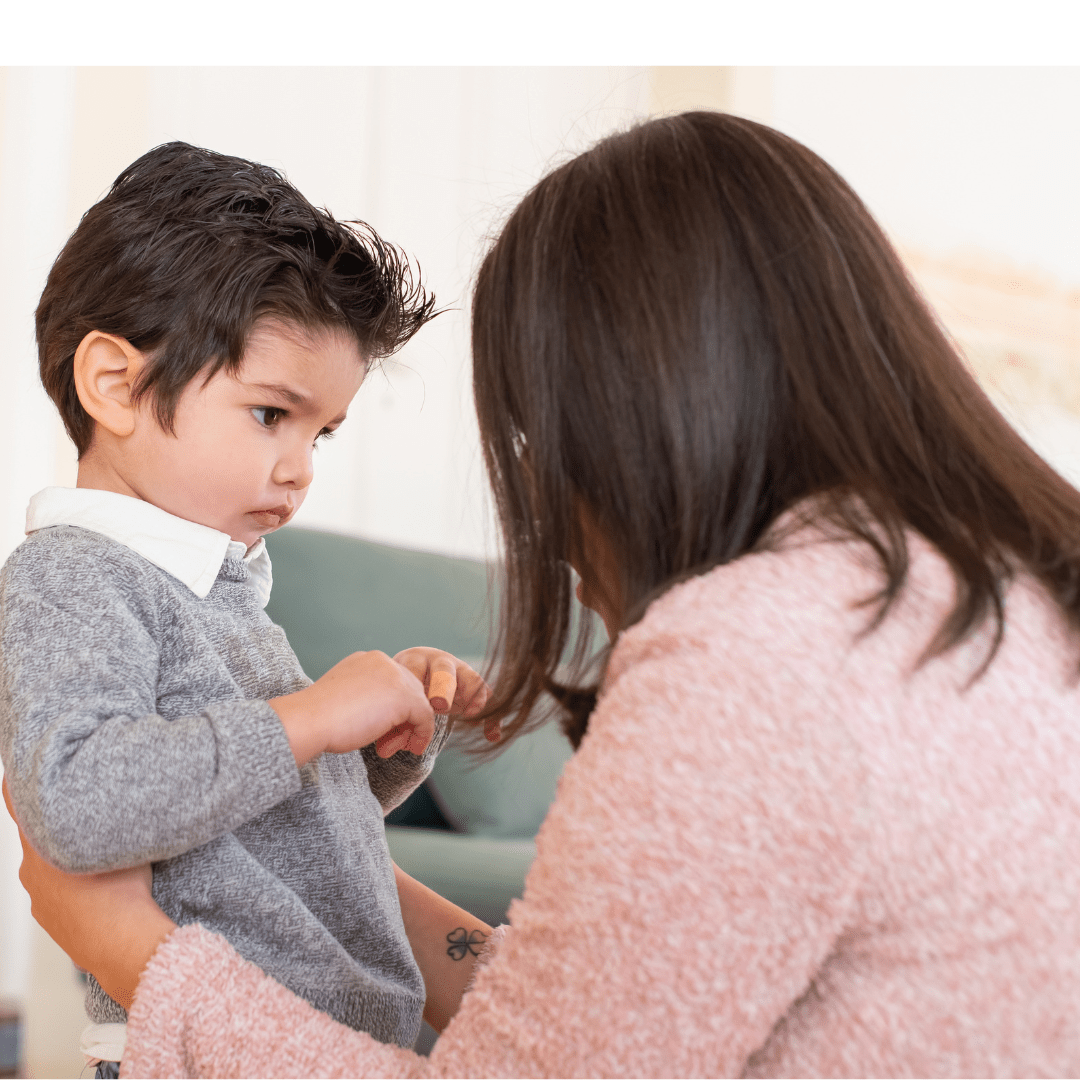Both the child and their parents may perceive wetting the bed (in children) to be a stressful and frustrating experience. It can cause feelings of guilt, embarrassment, and worry for both parties, as well as discomfort and irritation. Thankfully, there are a variety of methods and remedies that might assist kids in overcoming bedwetting.
In up to 15% of five-year-old’s, bedwetting, also known as nocturnal enuresis, is a common occurrence. Even 1% of 15-year-old children may also wet bed at times. Numerous variables, such as heredity, sleep apnea, urinary tract infections, and constipation, might contribute to bedwetting. To choose the most appropriate course of therapy, it is essential to understand the underlying causes of bedwetting.
The use of bedwetting alarms is one of the most effective therapies for the condition. When a bed gets wet, these alarms are designed to detect moisture in the mattress and sound an alert. This aids in conditioning the child so that he gets up as soon as the alarm buzzes.
There are drugs that can be used in addition to bedwetting alarms to assist decrease the frequency of bedwetting. Desmopressin is a drug that is frequently used to address nighttime urination. This may aid in lowering the frequency of soaking. However, it should always be used under medical prescription as it might lead to seizures due to water intoxication.
It is vital to provide the child with a loving and sympathetic environment. It might be beneficial to reassure the child and provide praise when they remain dry to ease feelings of guilt and embarrassment. Additionally, it is crucial to refrain from scolding the child for wetting the bed because doing so might exacerbate their feelings of guilt and fear.
Both the child and their parents may regard bedwetting to be an upsetting experience. The frequency and severity of bedwetting can be decreased, however, by identifying the underlying reason and applying the right remedies. Children may overcome bedwetting and get the confidence they need to go on with the correct technique.
This article is by Dr. Sanjay Wazir-MBBS, MD – Pediatrics







